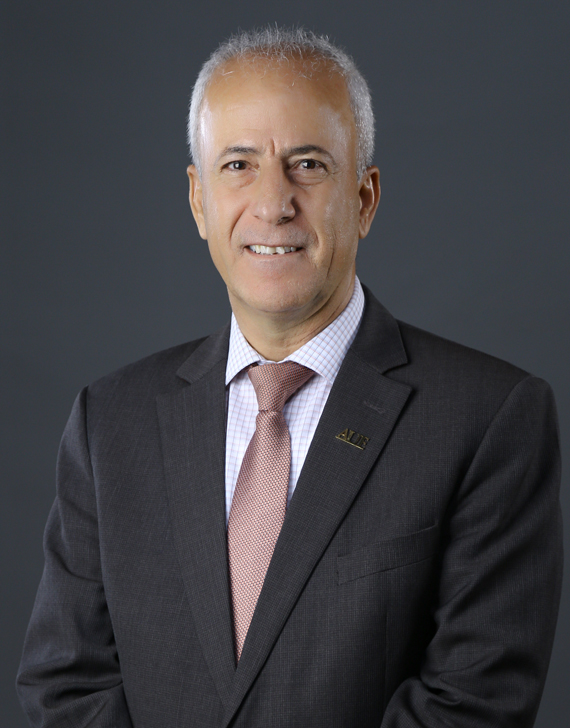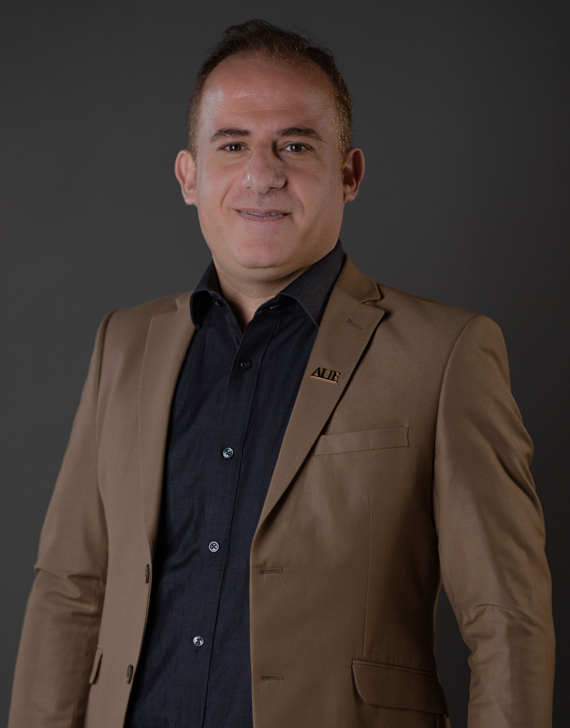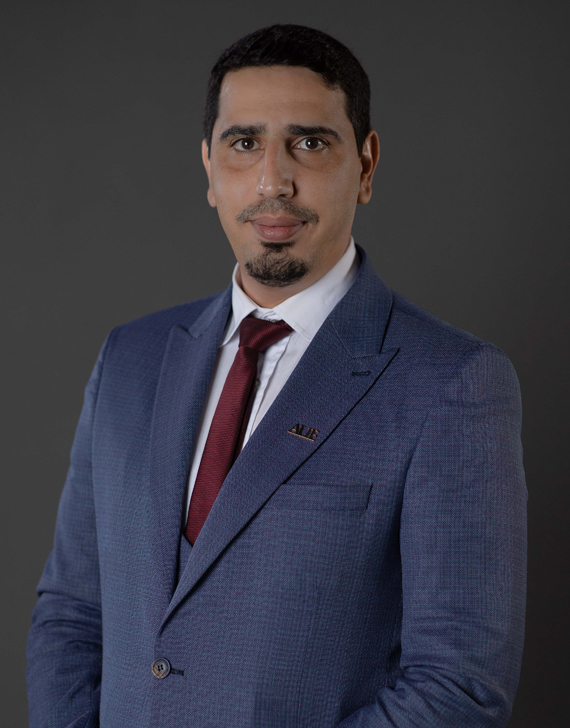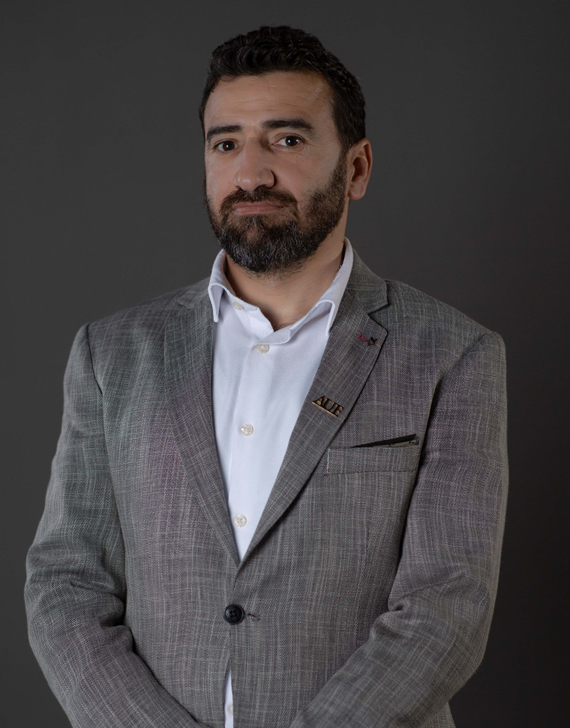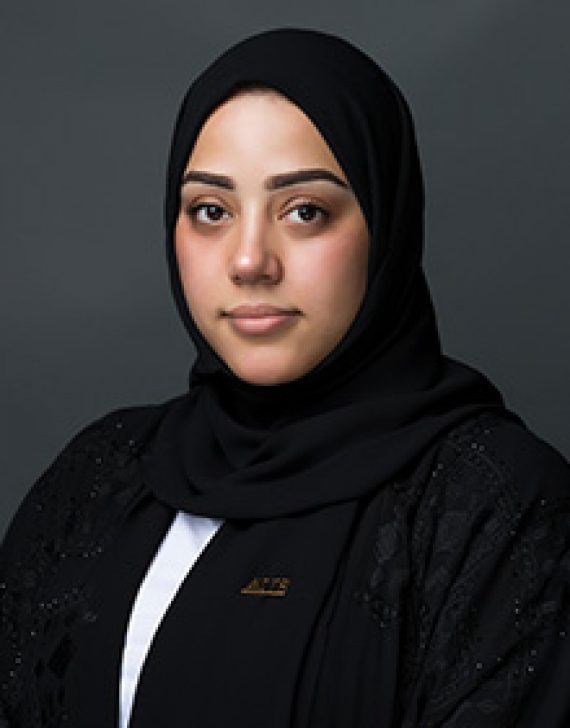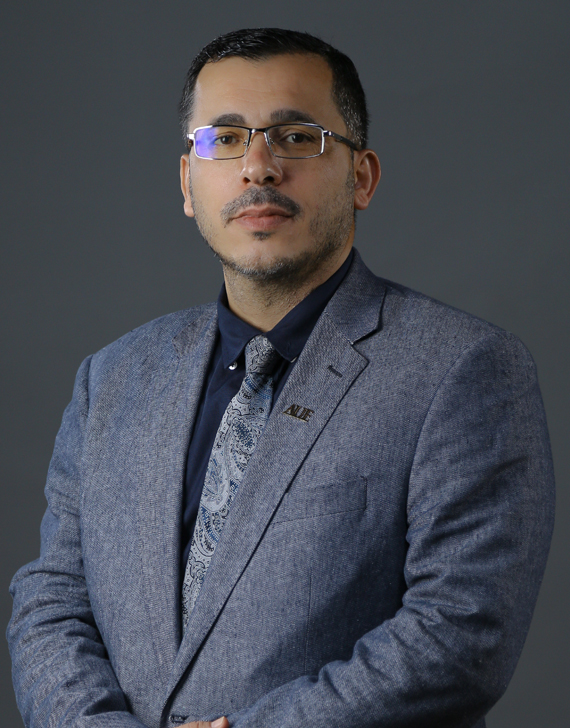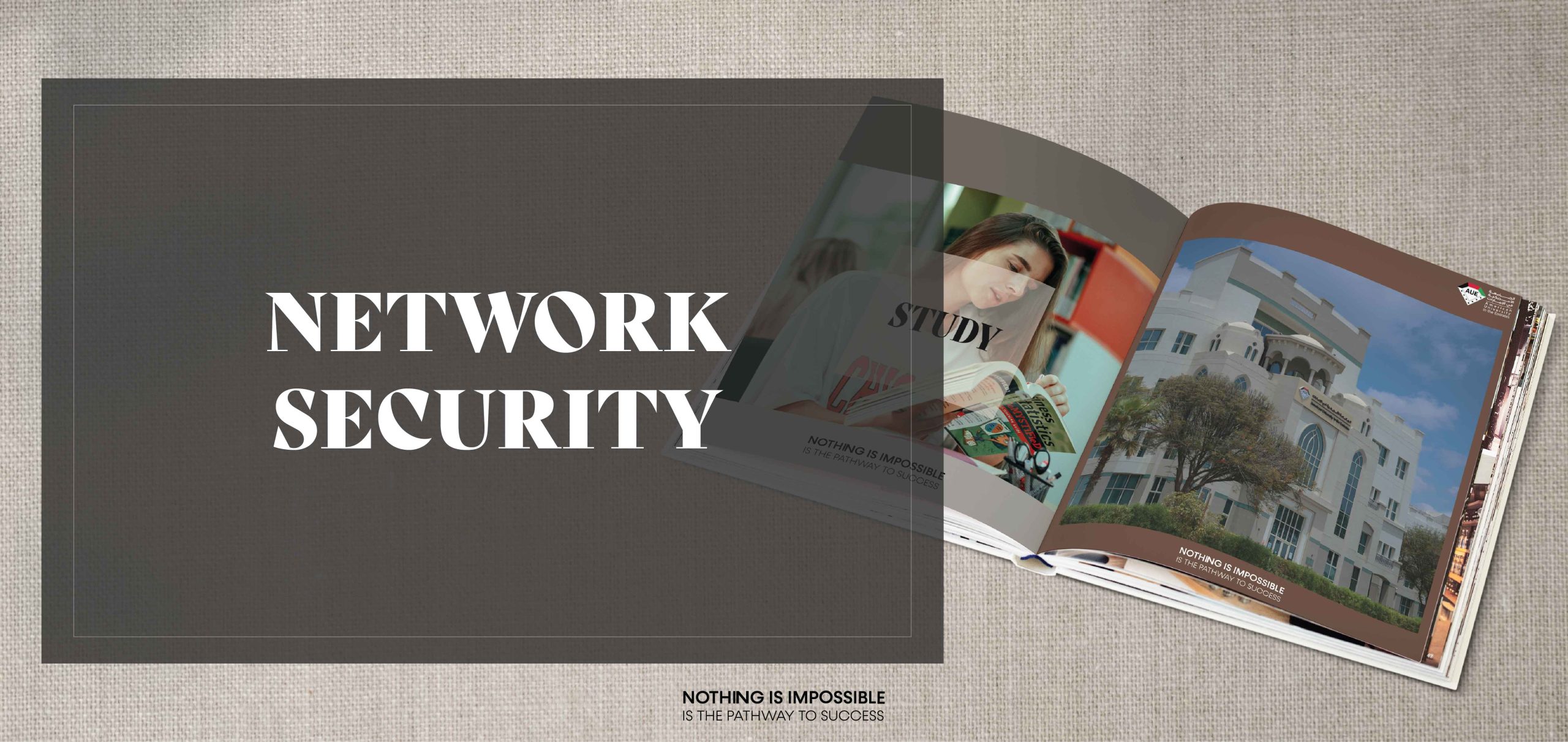
- Overview
- Specialization Structure
- Accreditations
- Faculty
- Admission
-
Duration
4 Years
-
Classes
Weekday Weekend
-
Fees
Tuition (One Semester) ……… Approx. 30,000 AED
One academic year is two semesters
Admission (One Time) ……… 3,500 AED
About Specialization
Bachelor of Science in Computer Science - Program Goals
- Have a graduate degree or professional career in computer science or related disciplines.
- Become successful researchers, team members or leaders.
- Maintain high standards of work ethics, social responsibilities and professionalism.
- Specialize in solving technical problems using computing knowledge, skills and competence.
- Be creative, effective, and productive members of the local, regional and
international communities.
Bachelor of Science in Computer Science - Program Learning Outcomes
- Analyze a complex computing problem and to apply principles of computing and other relevant disciplines to identify solutions.
- Design, implement, and evaluate a computing-based solution to meet a given set of computing requirements in the context of the program’s discipline.
- Communicate effectively in a variety of professional contexts.
- Recognize professional responsibilities and make informed judgments in computing practice based on legal and ethical principles.
- Function effectively as a member or leader of a team engaged in activities appropriate to the program’s discipline.
- Apply computer science theory and software development fundamentals to produce computing-based solutions.
Preparatory Courses
Prior to their enrollment in the program, students applying for Bachelor of Science in Computer Science must sit for the placement test related to the program, failure to successfully passing the placement test, they are required to enroll in the following courses:
#
1
2
3
4
Course Code
CIT 90
MAT 90
PHY 90
ENG 99
Courses
Computer Preparatory
Mathematics Preparatory
Physics Preparatory
Academic Writing (*)
Credit Hours
0
0
0
0
Exemption Condition
Passing the Placement Test
Passing the Placement Test
Passing the Placement Test
Passing the Placement Test
(*) Students must pass the English Proficiency.
Program Structure
Course Category
General Education Courses
Core Courses
Specialization Courses
Total
Total Number of Courses
10
29
5
44 Courses
Total Number of Credit Hours
30
81
15
126 Credit Hours
- General Education Courses
- Core Courses
- Specialization Courses
A: University Core Requirements
The student selects 6 credit hours (2 courses) from the list below:
The purpose of this course is to facilitate the process of transition into new academic and cultural environment for the new students enrolled in the AUE. Furthermore, it aims to promote their confidence so that they could succeed and meet the academic requirements. The course assimilates academic content with interactive in class activities to ensure understanding of curricular options and begin to develop a future career plan through self-reflection.
Innovation is the engine of opportunity and, acting as a catalyst, this course is intended to ignite an interest in innovation and inspire entrepreneurial action. At the core of innovation and entrepreneurship is a commitment to experiential learning that will encourage students to engage in critical thinking, creative problem-solving while also equipping them with the soft skills needed in their pursuit of academic and professional endeavors. Students will discuss the relevance and role of innovation and entrepreneurship in work and life situations; determine opportunities for creative disruption and design a strategy for its implementation; develop a practical understanding of innovation through thoughtful debate and exercises; and demonstrate critical thinking and individual insight with a personal mastery portfolio.
B: Languages and Communication Studies
The student must select 9 credit hours (3 courses) from the list below.
Students must take all of the following courses:
This course provides students with advanced writing skills in English so that they can successfully pursue their studies in various academic specializations. It helps students to develop, improve, and upgrade their writing and structure skills, and it also acquaints students with technical writing, research papers, and essays since brief research methods are applied in student projects and assignments.
Students must take one of the following Arabic Language courses:
This course is designed to enable the Arabic-speaking student with the necessary language skills, especially focusing on the steps of writing reports, official letters and systematic research.
To achieve this, and to develop the student’s abilities to understand correctly what he reads and listens, and to gain the ability to write articles, reports, meeting minutes and recommendations of conferences and seminars in a sound manner, the course was concerned with training the student in basic writing skills; such as multiple spelling rules, punctuation marks, paragraph system, and essay writing progressively.
This course is based on the principle that “Education” is an accumulative task especially when it comes to language learning. This process undergoes specific stages to assist the non-Arabic speakers to reach the ultimate goal which is to acquire the required skills (listening, speaking, reading, writing) easily and accurately. To achieve this aim, text-based dialogues are provided as head start for the non-Arabic speakers to continue to the higher levels. The course also provides basic elements for reading, writing, dialogues, and listening to assist the learners to confidently interact with the Arab community.
C: The Natural sciences or Mathematics
The student must select 6 credit hours (2 courses) from the list below:
The ‘Principles of Environmental Science’ course is designed to introduce the fundamental concepts of Environmental Science to undergraduate students. It includes topics from different areas of study such as ecology, biology, soil science and atmospheric science. The course aims at raising environmental awareness among students and providing them with the scientific knowledge and skills to identify, prevent and solve environmental problems. Additionally, it deals with ecological concepts, organism interactions, communities and ecosystems. The course focuses on key areas of population dynamics, biodiversity, human activities and the environment managed ecosystems, air quality, water and solid waste management
This course gives a This course gives a thorough introduction to sustainable energy, conservation, and energy efficiency within the UAE and the world. It will explore the relationship between energy, environment, economy and ecological well-being. It will discuss energy production from the biology, natural science, environmental science and social sciences perspectives. A variety of topics will be introduced including global warming, climate change, sustainable food production, solid waste management, environmental and natural resources laws. The course includes the growing challenges of climate change and energy crisis and proposes solutions to overcome them.
This course is designed to develop a good understanding of the fundamental concepts of mathematics. It also stresses on crucial cognitive transferable skills such as the ability to think logically and concisely. Mastering this course will give students the confidence to go on and do further courses in mathematics and statistics.
D: The Social or Behavioral Sciences
The student must select 3 credit hours (1 course) from the list below:
This course provides an understanding of anthropology, the study of human beings throughout time and space. Anthropology is a broad discipline that studies human from a holistic perspective looking at both biological and cultural aspects. Anthropologists use different methods in order to understand and study humans. During this course, students will experience ethnographic fieldwork.
This course will introduce the students to the key concepts of Political Science and its principal tools. The course will discuss the role of main political actors in the field of politics and their function.
This course serves as an introduction into the interdisciplinary and multifaceted social sciences. The content on the course covers the range of different disciplines that social sciences consists of, namely: anthropology, sociology, psychology, political science, economics and to a lesser extent also history and geography. The secondary aim of the course is moreover for students to develop their critical thinking skills by engaging actively with material about social issues, social change and social institutions.
An introduction to the science of psychology, its theories and foundations. The course is focused on principles and research methodologies, including the following topics: history of psychology, the biology of mind, memory, learning, child and personality development, psychological disorders and therapy. The aim of the course is to introduce the basis of psychology, provide the foundational knowledge to pursue the subject in more depth in the future, and build an ongoing interest in the application of psychology in everyday life.
This course will provide the students with a comprehensive overview of geography. Emphasis is on concepts that are necessary to understand global, regional and local issues. This course also includes topics on both human and physical geography.
E: The Humanities or Arts
The student must select 3 credit hours (1 course) from the list below:
F: Islamic Studies
The student must select 3 credit hours (1 course) from the list below
G: UAE Studies
The student must select 3 credit hours (1 course) from the list below.
Advanced Topics in IT uses a variety of teaching strategies to expose students to real world scenarios which are current industry challenges. The approach ensures CCIT graduates are equipped with contemporary skill sets required in the ever-changing Information Technology industry. The course provides a platform for students, academics and practitioners to discuss various specializations in the Information Technology industry. Learning of soft and hard skills are reinforced through write ups, oral and presentation of professional reports.
The course enables students explore distinct areas of Information Technology which are not covered in the regular course work and focuses on the identification of long-term overall aims and interests and the means of using Information Technology to help businesses achieve their organizational goals. Topical issues including using Information Technology to elevate production by suppling uninterrupted processes which optimize resources and allow organizational leaders to make quick, accurate, and consistent decisions are studied via case studies analyses.
By learning through an array of teaching methods and cutting edge research in Information Technology students are prepared for successful leadership roles in organizations and government. Students on this course also acquire skills and knowledge that ensure any implemented Information System meets industry best practice. Topics covered in this course include Information Technology implementation strategies, Operations and post implementation of Information Technology, Information Technology program and project management, Organizational change and Process Reengineering, global ethics and security management, value chain and data analysis.
Recommended Study Plan
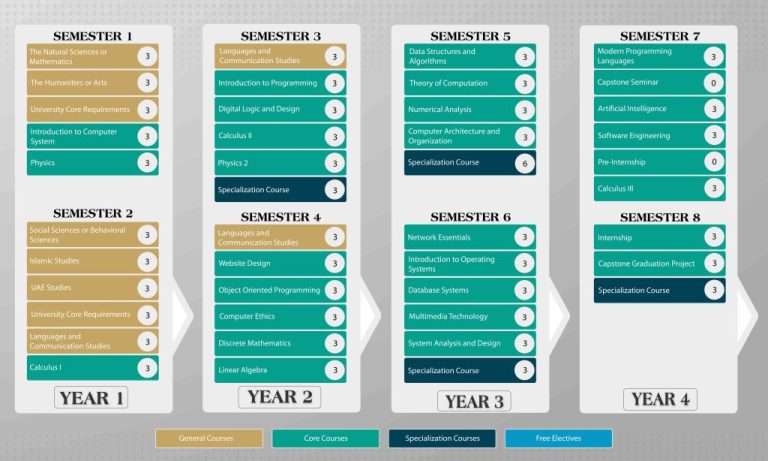
Accreditations
The American University in the Emirates is licensed by the UAE Ministry of Education – Commission for Academic Accreditation | caa.ae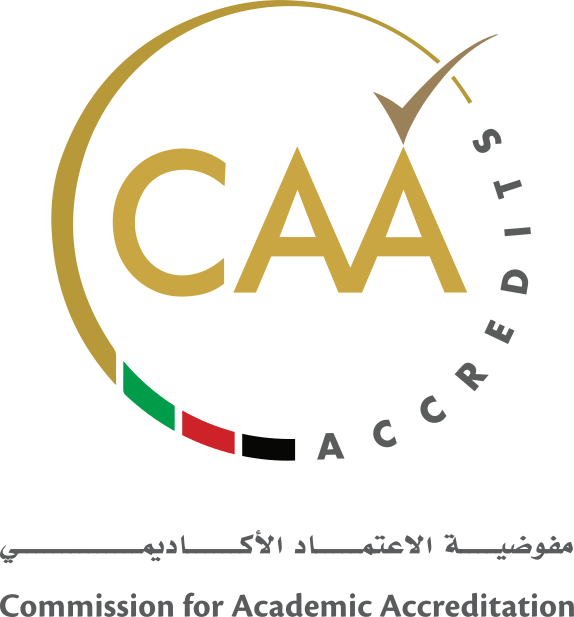
The College of Computer Information Technology is accredited by ABET.
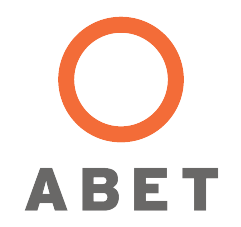
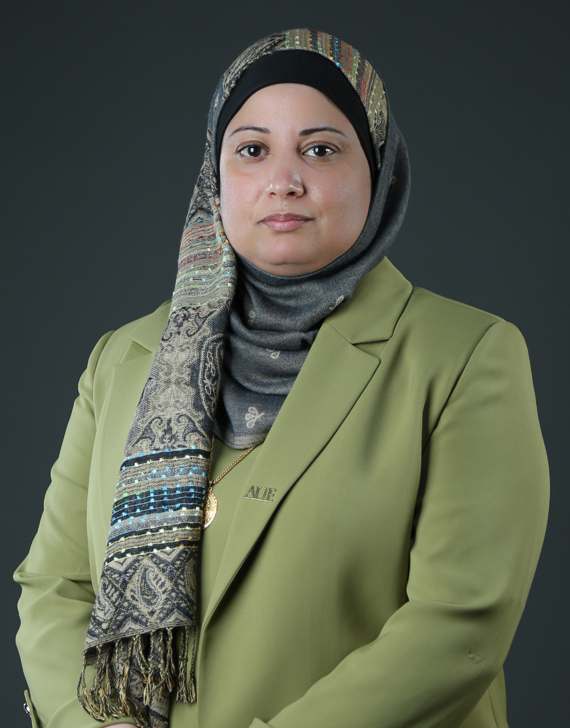
Prof.Laiali Almazaydeh
Professor / Dean
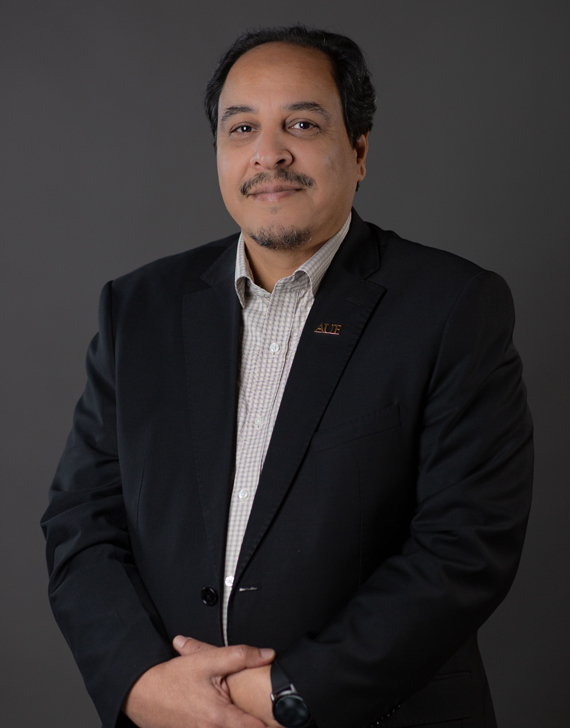
Prof. Firas Alkhaldi
Professor / Program Director - Master Of Knowledge Management
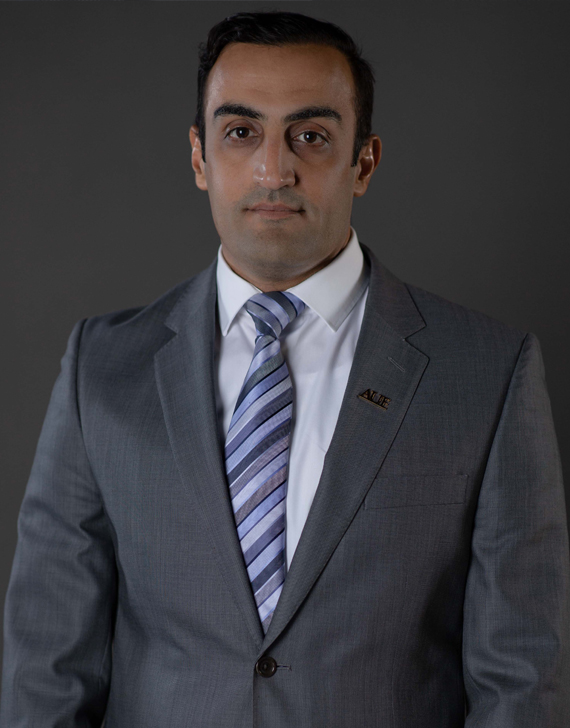
Dr. Abedallah Abualkishik
Associate Professor / Department Chair - Computer Science
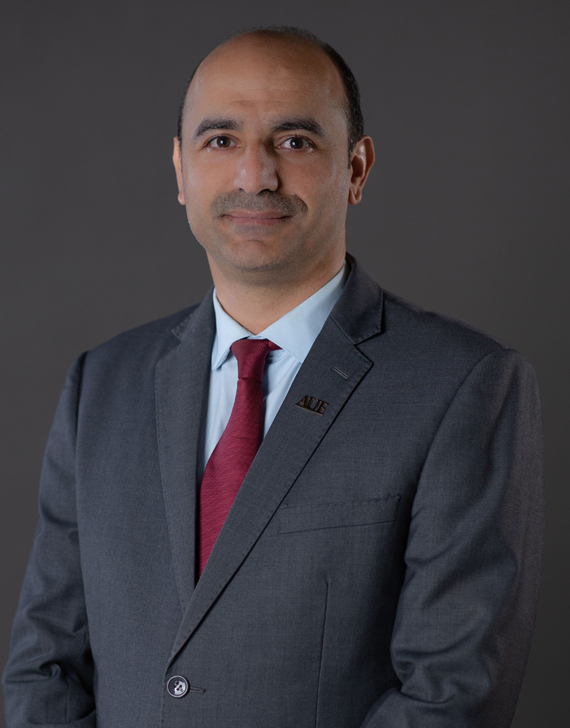
Dr. Ibrahim Abualsondos
Assistant Professor/Department Chair of ITM
- For Admission Requirements for Freshman students (those who have just completed high school and have never attended an Institute of Higher Education before) click here
- For Admission Requirements for Transfer students (those who have studied at another higher education institution and would like to transfer their credits to AUE) click here
- For Admission Requirements for Visiting students (those who are currently enrolled in a different higher education institution and would like to take some courses at AUE as part of the study plan of their home university/college) click here
Joining the Program
- Fall Semester
-
September
-
Spring Semester
- January
- Summer Semester
- May
